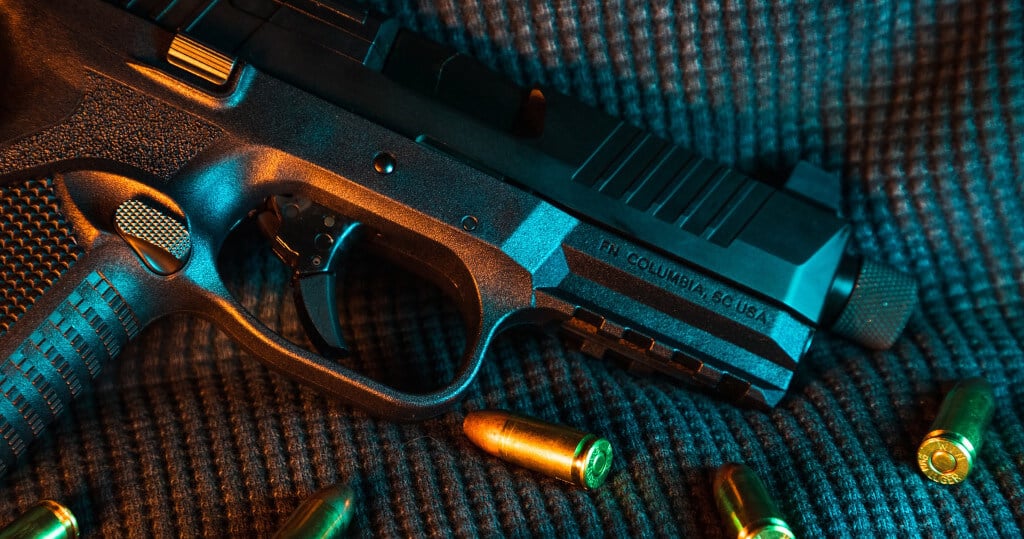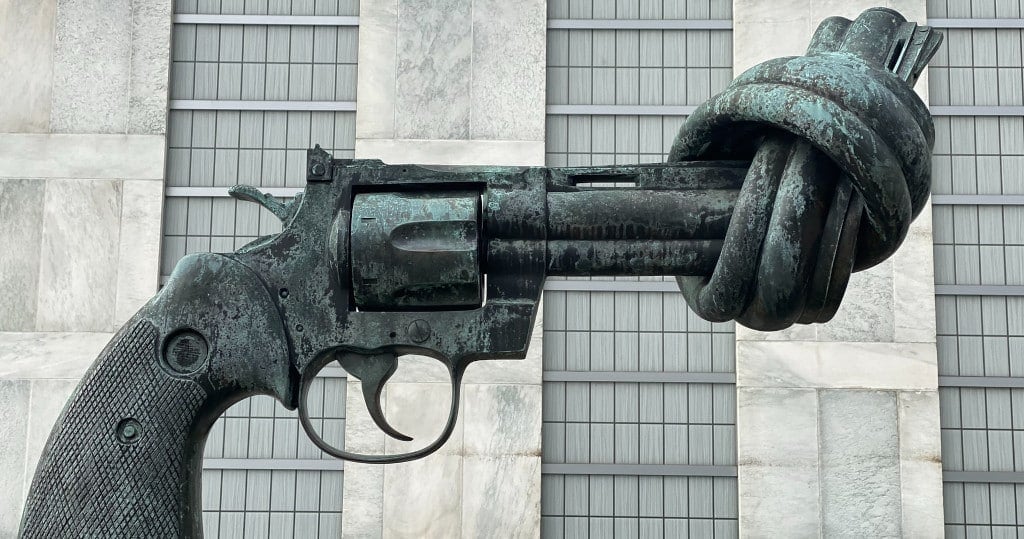
The 2nd Amendment to the United States Constitution is a single sentence with profound implications. It is also known as “the right to bear arms” amendment.

As part of the Bill of Rights , this amendment safeguards US citizens’ right to bear arms. The right to bear arms has been jealously defended up to the present day.
At the end of the eighteenth century, ‘militia’ meant any group of citizens who had joined together intending to protect their communities. Militias were also organized to protect towns, cities, and the new states.

Previous experience made people distrustful of centralized government and reluctant to give them too much power. Soldiers had seen how the British government had kept control of the American colonies, so they did not want the new United States federal government to have similar power. The Second Amendment’s effect was to give the federal government no authority to disarm the state militias. This means that the states still had the means to protect themselves against any form of oppression.

A strong body of opinion held that the federal government should not create a permanent national army. Instead, a national army should only be brought into existence when there were real foreign threats to the United States. However, the Constitutional Convention of 1787 did grant the federal government authority to raise and maintain a national army.

The arguments about exactly what it meant began as soon as the 2nd Amendment was ratified as part of the Bill of Rights on December 15, 1791. Some argued that as it specifically mentions ‘militias,’ then the right to bear arms only applied to those who were part of an organized militia. Others argued that the right to bear arms applied to every citizen. This latter interpretation is the one in force today. Interpreting the Second Amendment as a protection for individuals who wish to bear arms has led to much debate about how strictly the principle should be applied. Powerful voices on both sides of the argument have spoken out.

Those in favor of gun control argue that many gun owners are not fit to do so and that there should be more gun control and fewer gun rights. They want a stricter vetting system so that those deemed to have criminal records or mental health problems are refused the right. The Brady Bill of 1993 was a significant victory for them, as it introduced background checks on purchasers of handguns.

Those who oppose gun control include the National Rifle Association, founded in 1871 and has been vociferous in campaigning for gun rights.
In 1886 the Supreme Court stated that the Second Amendment applied only to the federal government, and the individual states could control gun ownership.
Join the thousands of fellow patriots who rely on our 5-minute newsletter to stay informed on the key events and trends that shaped our nation's past and continue to shape its present.

However, they later overturned this decision and ruled that neither the federal government nor the states could impose gun ownership restrictions and interfere with the Second Amendment protection of a citizen to own a weapon. In doing this, they established the principle that self-defense was a basic human right and that gun ownership was a part of that right. The Supreme Court did suggest areas where limitations were reasonable, and court cases continue to this day that challenges those suggestions.
Gun rights supporters continue to enjoy the right to bear arms, despite many mass shootings, even with an assault weapon. These have outraged many citizens about gun safety. Still, supporters of gun ownership argue that gun control laws and gun regulation are an abuse of their constitutional rights and an individual’s right. Those constitutional rights to firearm possession remain in place, just as they have done since the eighteenth century.